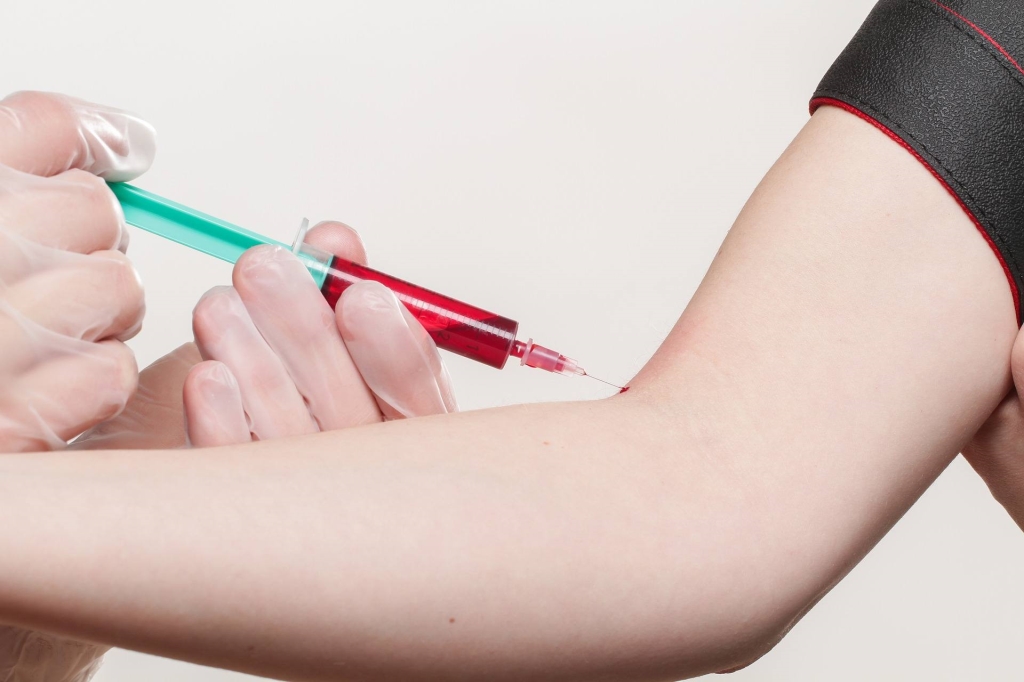**Title: What is Phlebotomy? A Comprehensive Guide**
**Introduction:**
Phlebotomy is a crucial aspect of healthcare that involves drawing blood from patients for various purposes, including diagnostic testing, blood donations, and research. The role of a phlebotomist is essential in healthcare settings, as accurate blood collection is crucial for accurate diagnoses and treatment plans. In this article, we will explore what phlebotomy entails, its benefits, practical tips for success, and more.
**What is Phlebotomy?**
Phlebotomy is the process of drawing blood from patients for diagnostic testing, blood transfusions, donations, or research purposes. A phlebotomist is a healthcare professional specially trained to perform this procedure safely and efficiently. Phlebotomists play a vital role in the healthcare system, as their work directly impacts patient care and treatment.
**Benefits of Phlebotomy:**
1. **Accurate Diagnoses:** Proper blood collection ensures accurate test results, leading to appropriate diagnoses and treatment plans.
2. **Patient Comfort:** Skilled phlebotomists can minimize discomfort and anxiety during blood draws, enhancing the patient experience.
3. **Critical for Medical Research:** Blood samples collected by phlebotomists are essential for medical research and advancements in healthcare.
**Practical Tips for Phlebotomy Success:**
1. **Communication:** Establishing a rapport with patients can help ease anxiety and improve cooperation during blood collection.
2. **Attention to Detail:** Following proper procedures and protocols is essential to ensure accurate results and patient safety.
3. **Continuous Training:** Keeping up-to-date with the latest phlebotomy techniques and guidelines is crucial for success in this field.
**Case Study:**
*John, a phlebotomist at a busy hospital, prides himself on his communication skills and attention to detail. His compassionate approach and focus on patient comfort have earned him praise from both patients and colleagues. John’s dedication to continuous training has allowed him to stay current with the latest phlebotomy techniques, ensuring the highest quality of care for his patients.*
**First-hand Experience:**
*”As a phlebotomist, I find great satisfaction in knowing that my work directly contributes to patient care and treatment. Building trust with patients and providing a positive experience during blood draws is essential to me. Continuous learning and improvement in my skills keep me motivated and ensure the best possible outcomes for my patients.” – Sarah, Certified Phlebotomist*
**Conclusion:**
phlebotomy is a critical component of healthcare that involves drawing blood for various purposes. Phlebotomists play a vital role in ensuring accurate diagnoses, patient comfort, and advancements in medical research. By following best practices, staying current with training, and prioritizing patient care, phlebotomists contribute to the overall well-being of patients and the healthcare system as a whole.
